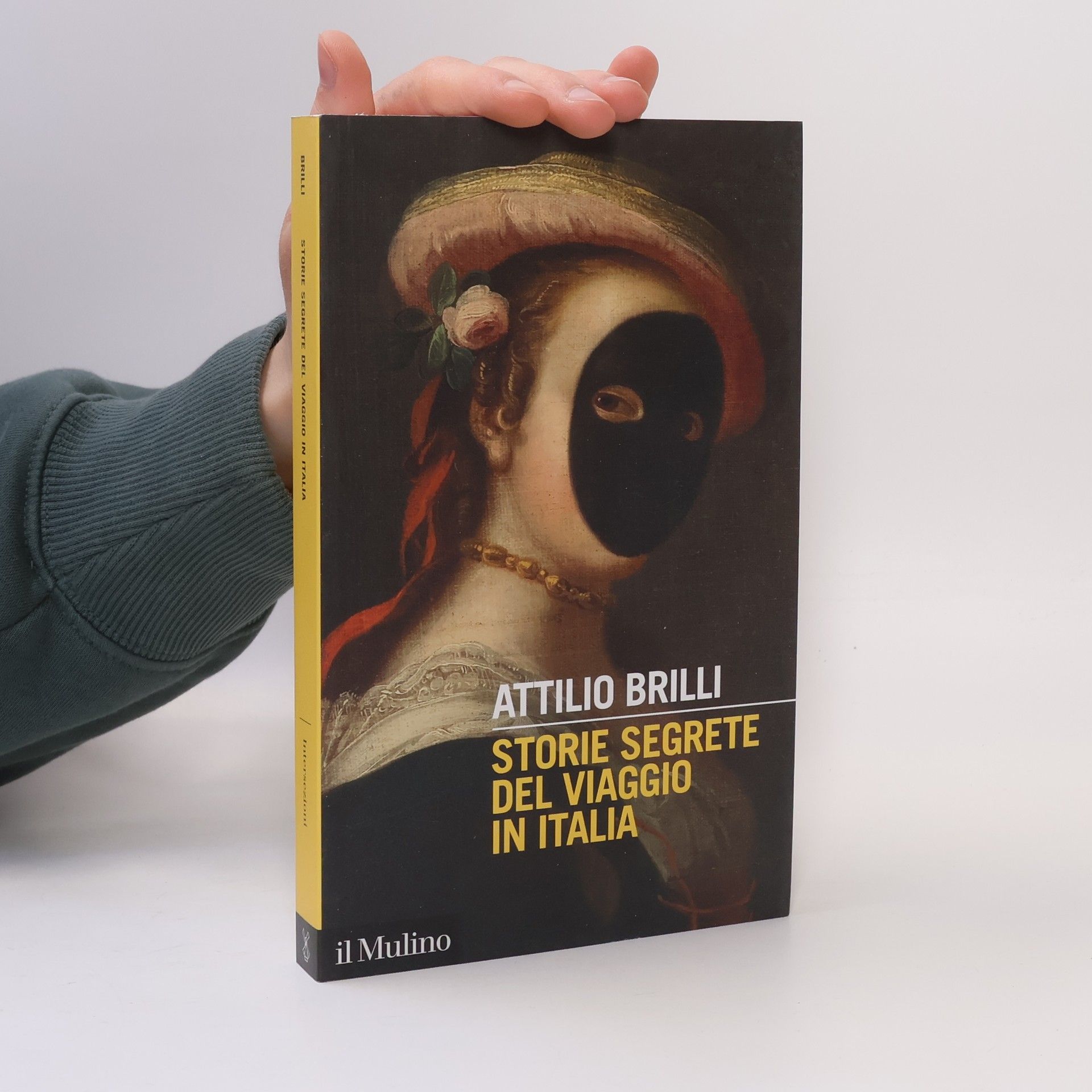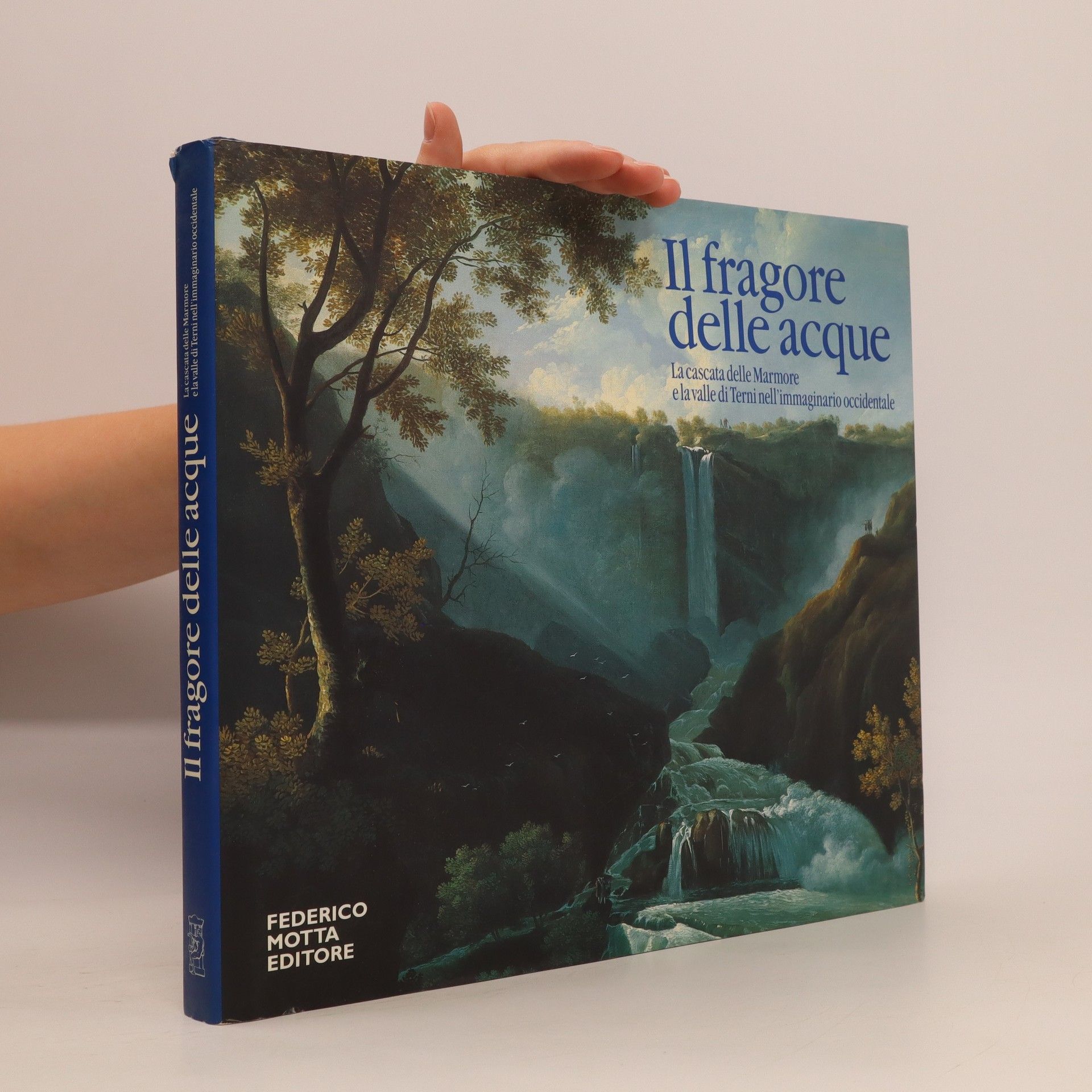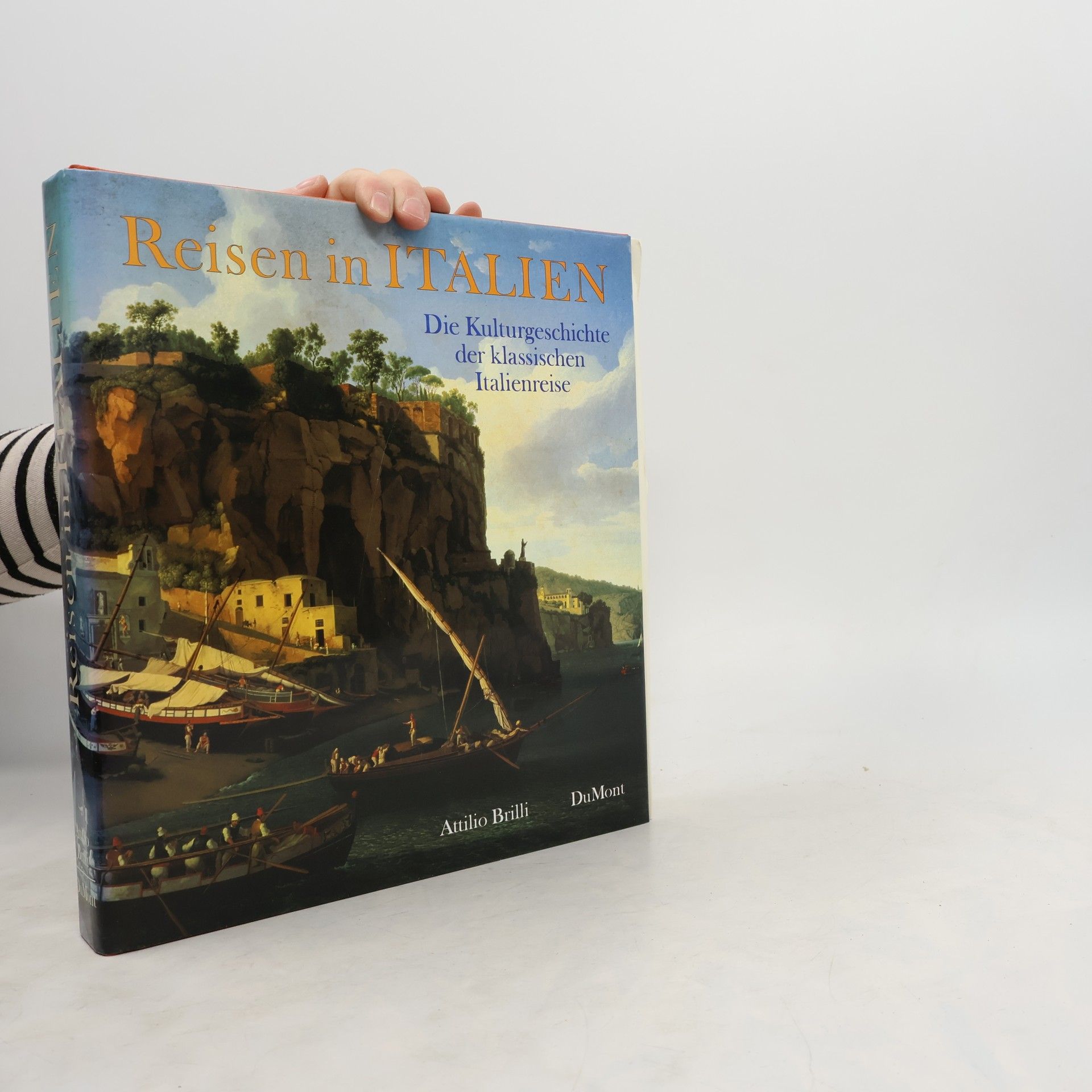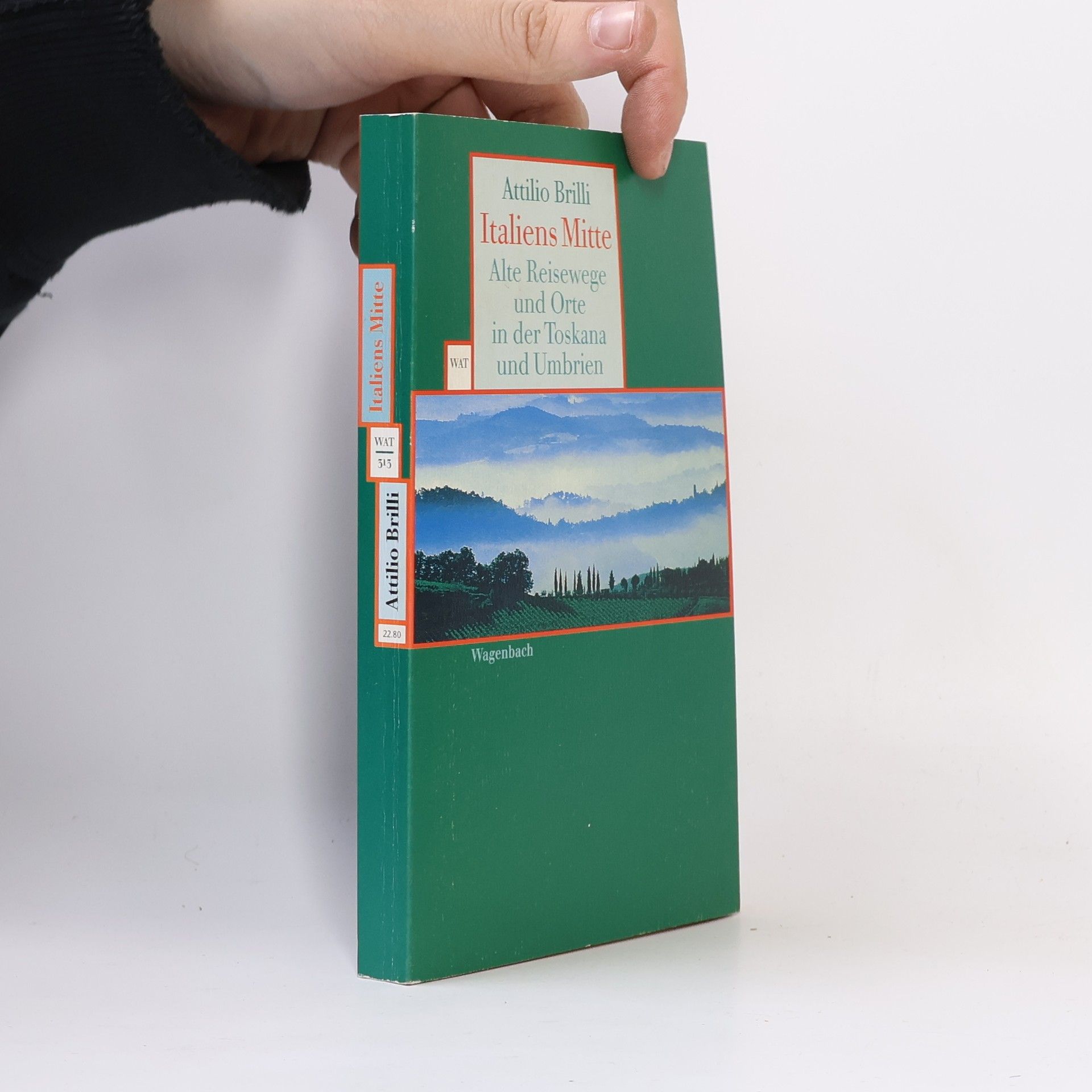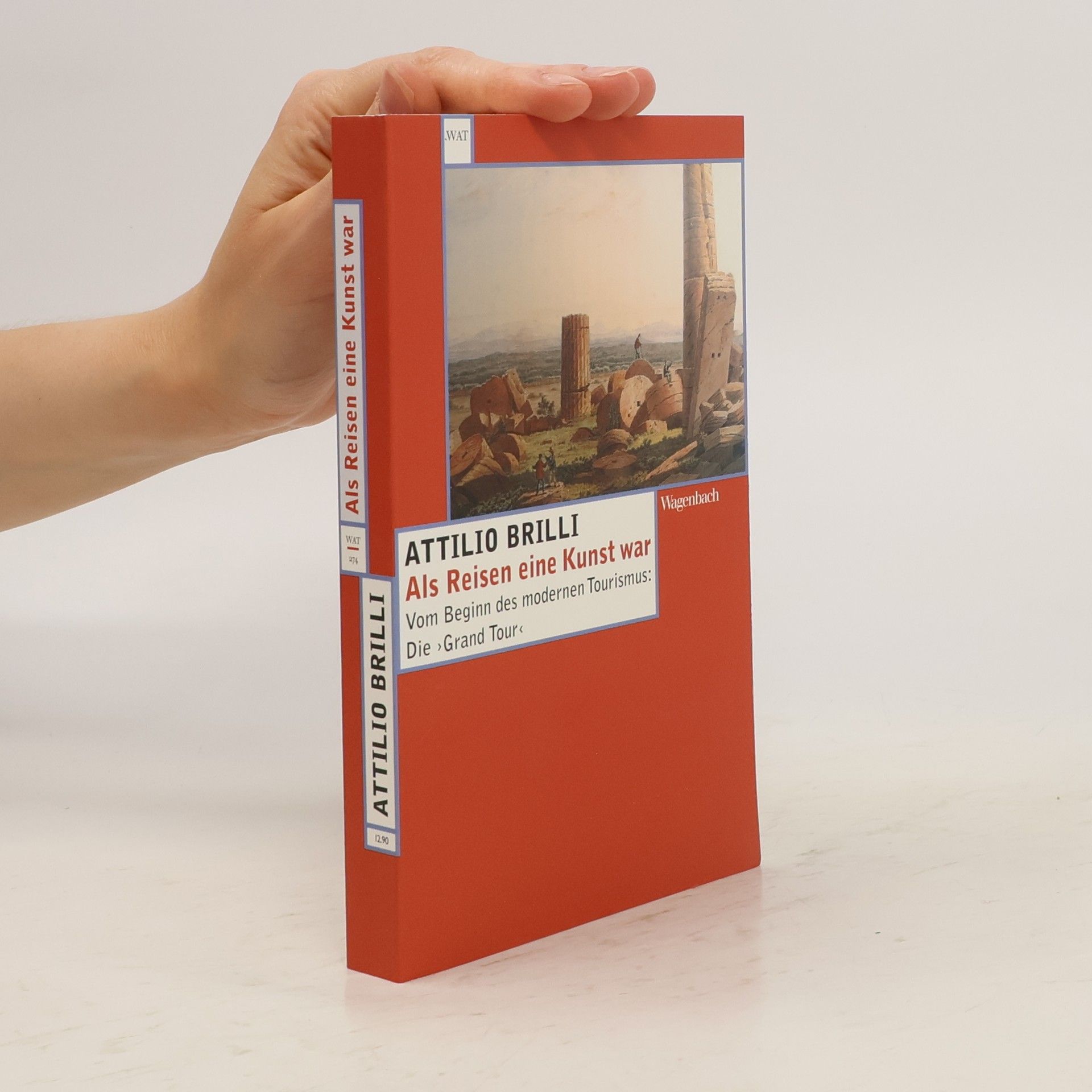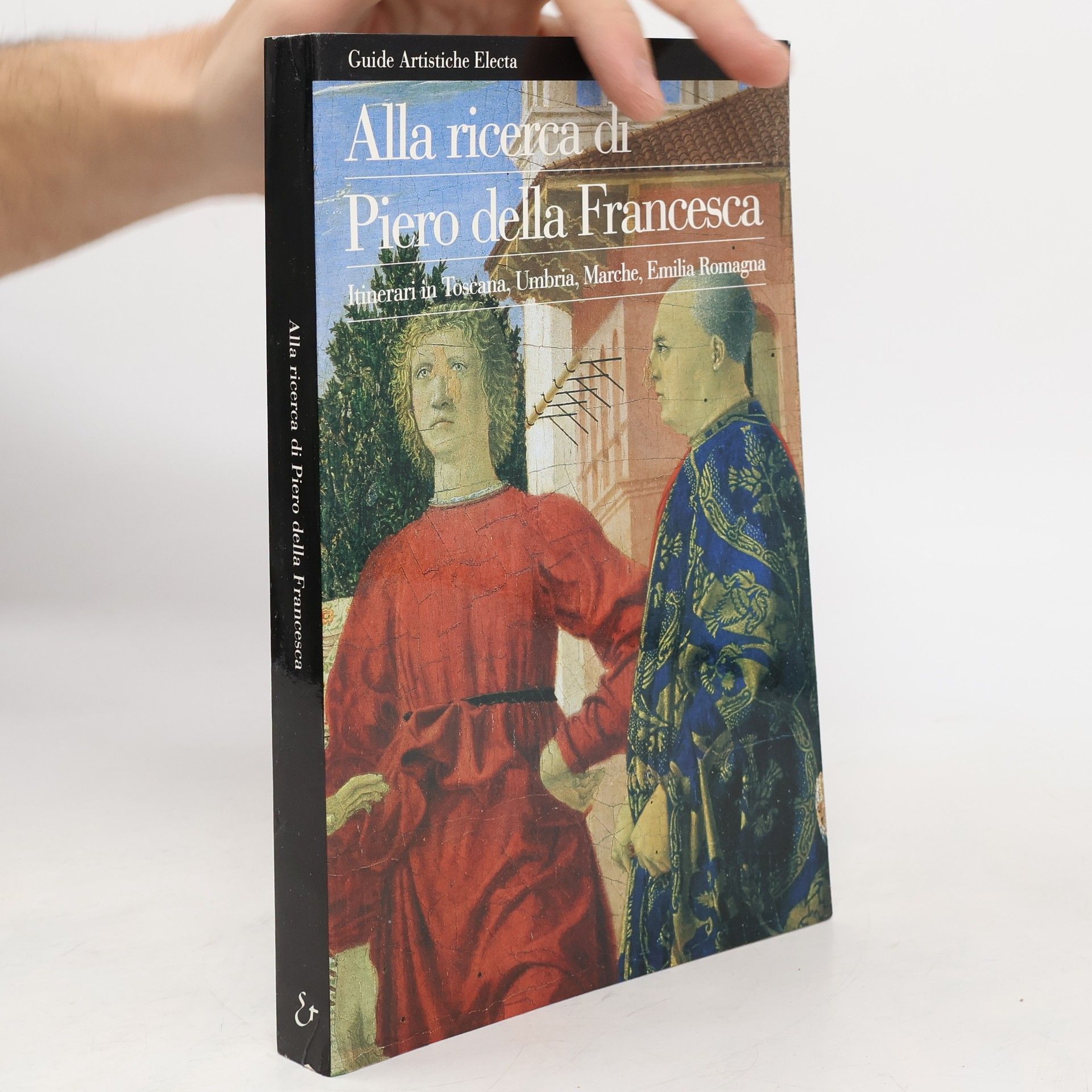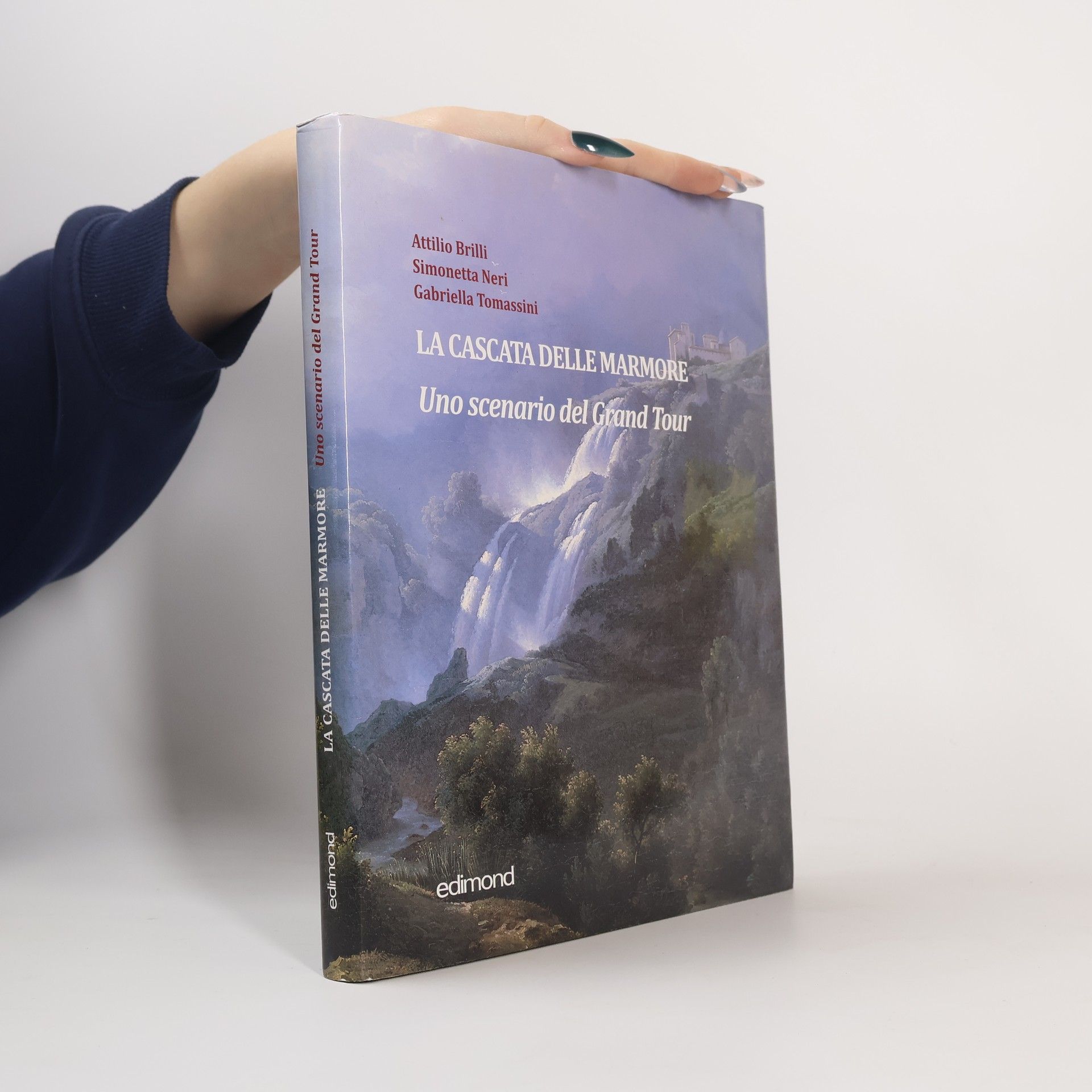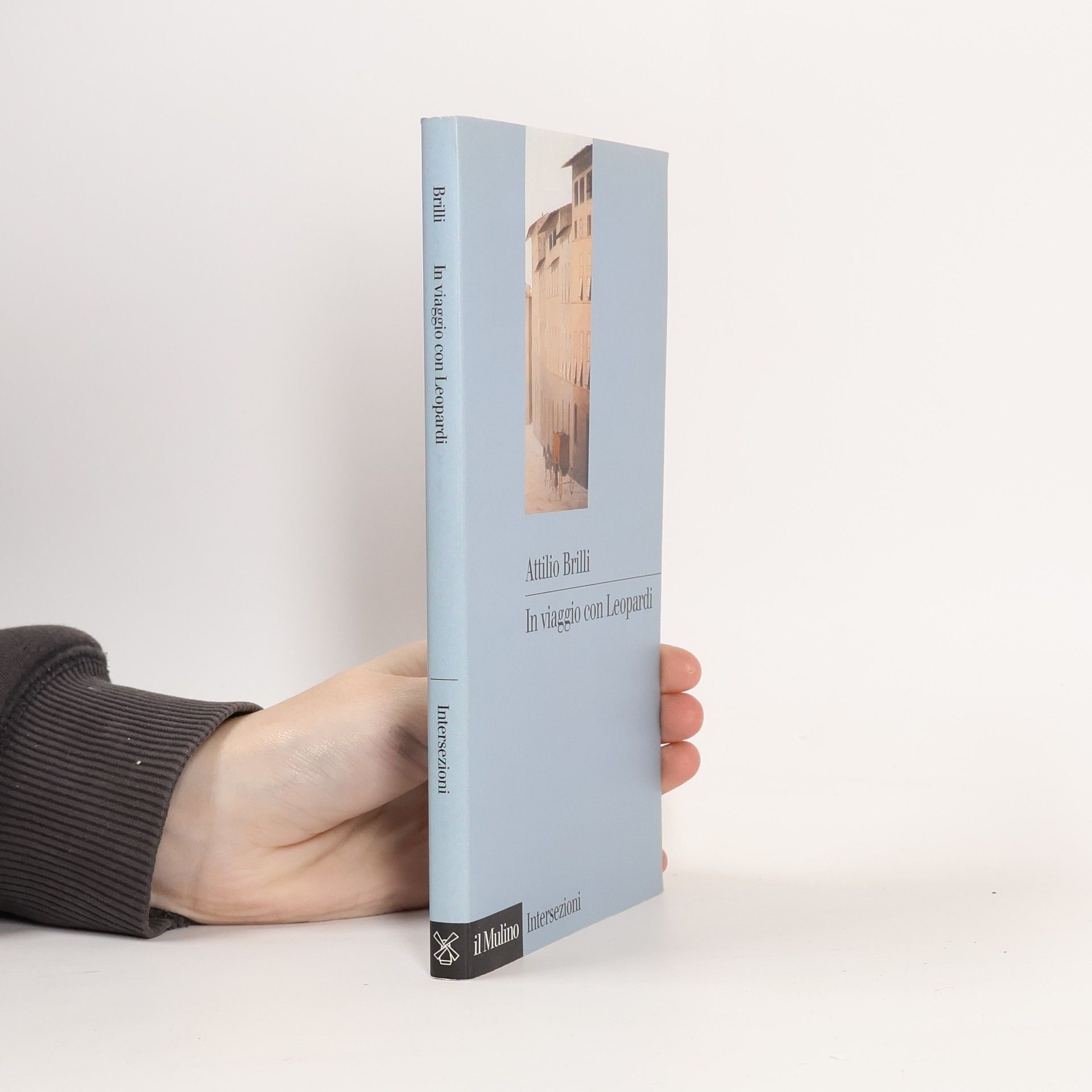Grand Tour of Europe
- 168 pages
- 6 hours of reading
Featuring insights from prominent connoisseurs, this collection delves into the world of art and culture, offering a rich tapestry of perspectives. Each text provides a unique lens through which to appreciate the nuances of artistic expression, enhancing the reader's understanding of various styles and movements. The book serves as both a scholarly resource and an engaging exploration for art enthusiasts, celebrating the voices that have shaped our appreciation of visual culture.
